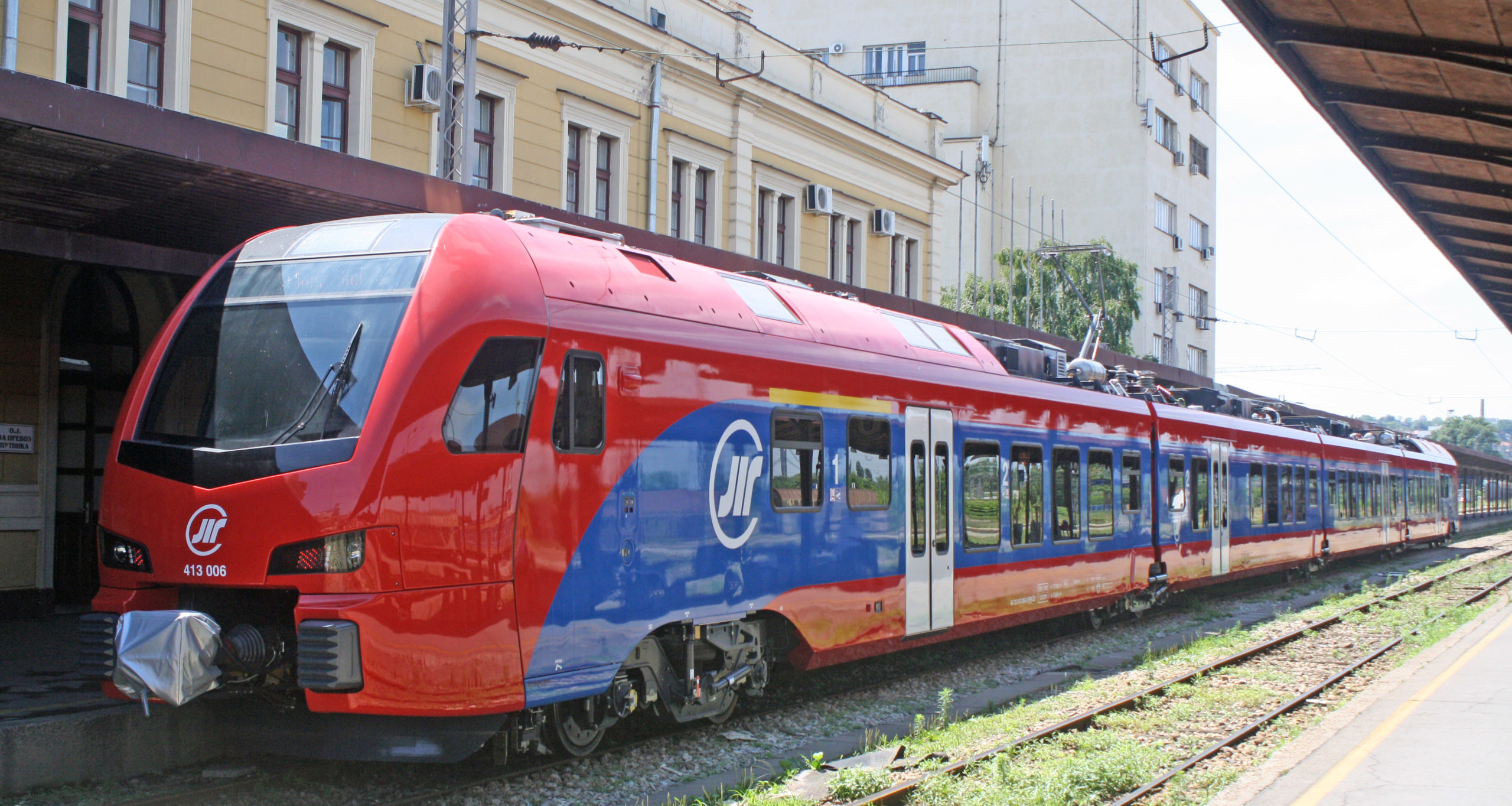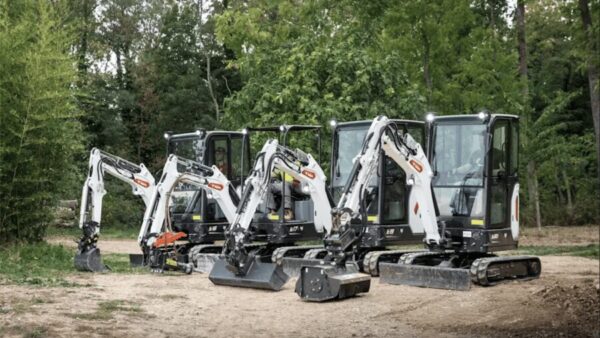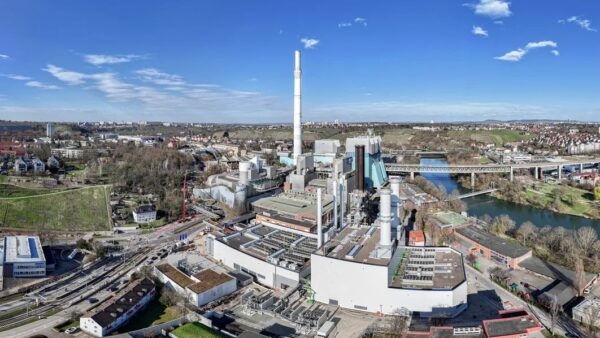
Work has begun on a $1bn project to upgrade the 108km rail line between the Serbian cities of Novi Sad and Subotica.
The opening ceremony was held in Novi Sad on Monday, attended by Serbian president Aleksandar Vucic as well as Hungarian foreign minister Peter Szijjarto, and, via a video link, Ning Jizhe, the deputy head of China’s National Development and Reform Commission.
Vucic said the railway was important for the future development of Serbia, reports Xinhua.
“We will enjoy this, and it will bring benefits both through construction and through higher salaries and pensions, a higher standard of living, and a better future for our children,” he said.
Ning said the line was “a flagship project of the cooperation between China and Central and East European countries, and an important part of the European transport corridor and the China–Europe Land and Sea Express Route”.
When complete in 2024 the line will cut the travel time between the two capitals to around two hours, compared with around three and a half hours by car.
The plan has been on the drawing board since 2013. The government of Serbia signed a deal in 2018 with China Railway International (CRI) and China Communications Construction Company (CCCC) to rebuild the line as part of the $2.9bn high-speed link between Belgrade and Budapest. However, work has been delayed by an EU investigation into the tendering process for the Hungarian section.
Chinese Communist party newspaper Global Times described the project as “a resounding rebuttal to accusation and slanders from some foreign politicians and media outlets against the project, the BRI [Belt and Road Initiative] as well as broad cooperation between China and Eurasian countries”.
CRI and CCCC are also main contractors for the overhaul of the Belgrade to Stara Pazova section of the line, which is part of European Transport Corridor X. The Stara Pazova-Novi Sad section is being carried out by Russian engineer RZD International.
The line is planned eventually to extend south to Athens and the Chinese controlled port of Piraeus.
Further reading:










